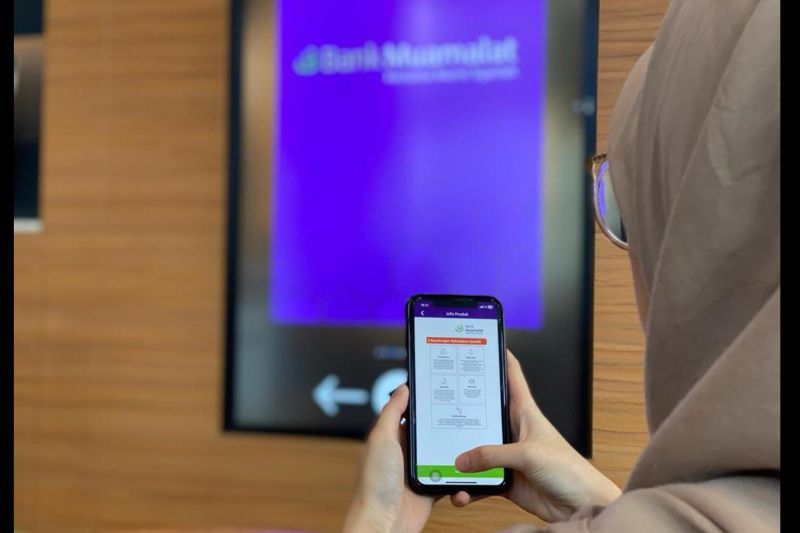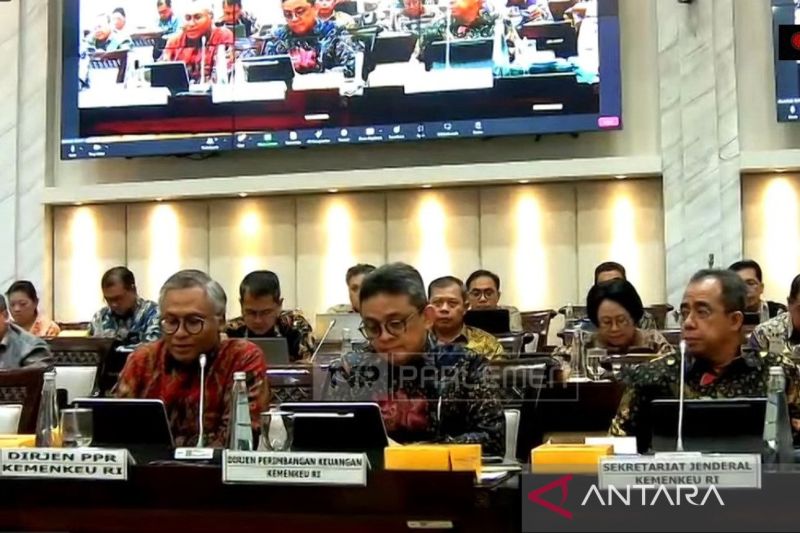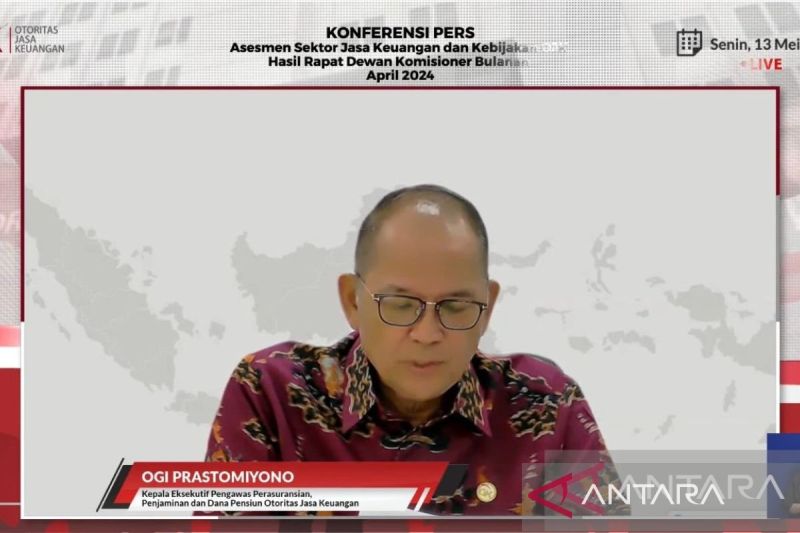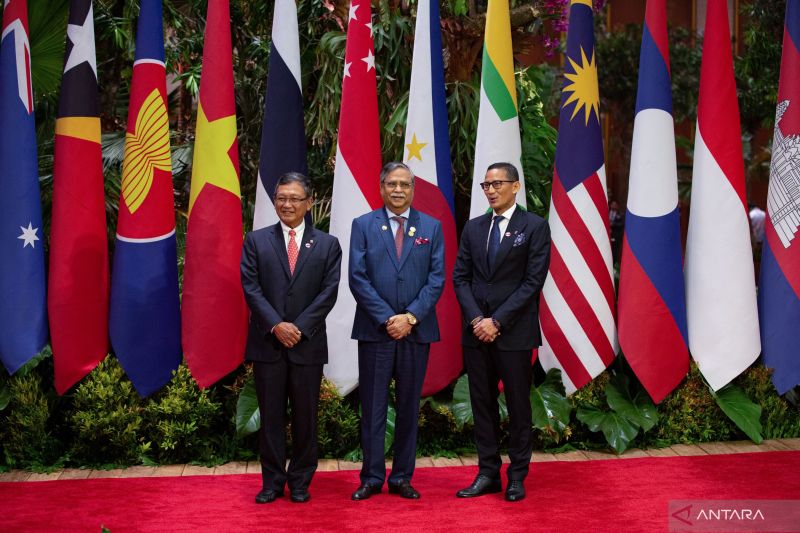10 things you need to consider before investing in Indonesia
So you want to invest in an emerging market? We can’t blame you. It’s an attractive idea. As you browse through the world’s most promising economies with the critical eye […] The post 10 things you need to consider before investing in Indonesia appeared first on SMK3 ISO SIUJK SBU SKK SKA SKT - Sertifikasi Indonesia.

So you want to invest in an emerging market? We can’t blame you. It’s an attractive idea. As you browse through the world’s most promising economies with the critical eye of a venture capitalist, you will invariably arrive at China and India before finally focusing your gaze on the world’s largest archipelago, Indonesia.
Until recently, there weren’t any giant internet companies coming out of Indonesia, but that looks to be changing, as Japan’s SoftBank and India’s Sequoia Capital recently invested a whopping US$100 million in Indonesia’s online marketplace website Tokopedia. It’s a big bet, to say the least. The announcement came immediately after the inauguration ceremony of the country’s new president, Joko “Jokowi” Widodo, who has promised to make his nation friendlier to foreign investors.
It’s fair to say that things are moving fast in Indonesia, the fourth-most populated country in the world with a rapid internet adoption rate and an online market that is still relatively untapped and unformed. But before you decide to take the leap as a new investor, there are some things you’d better know about the archipelago before putting your money in. In no particular order, here are ten items to consider.
1. The Negative Investment List
Indonesia has what’s called a Negative Investment List. It specifies sectors of the Indonesian economy in which foreign investment is limited or even prohibited completely.
It imposes limits and investment caps across a variety of industries. These limits range anywhere from zero percent to 95 percent ownership allowance. An important one that is relevant to Indonesia’s tech entrepreneurs and investors is online retail, since ecommerce will likely lead the growth in online businesses. Foreign investors are blocked from putting their money in online businesses in Indonesia that hold inventory or execute direct sales.
However, foreigners can get around this by investing in companies classified as web portal companies that serve only as a platform for connecting merchants and buyers – that’s what Tokopedia is doing. Investors who are interested in Indonesian ecommerce would do well to take note of the difference when vetting prospects.
2. Talent pool
As a potential investor, it’s important to know that if you’re investing in or building a company in Jakarta, the odds are that bottlenecks will arise when it comes to recruiting the high quality talent your business needs.
The Boston Consulting Group says that by 2020, top companies in Indonesia will only be able to fill about half of their entry-level jobs with fully qualified candidates. The shortage will be less severe if companies are willing to train and develop new hires. At senior levels, more modest shortages will emerge, but many of the candidates will lack the global exposure and leadership skills needed to succeed. Investors will need to not only provide capital, but also consider how to implement effective employee training programs.
3. Inadequate infrastructure

Local business and investment news portal Indonesia-Investments claims a lack of adequate infrastructure causes Indonesia’s logistics costs to rise steeply, thus reducing the country’s competitiveness and attractiveness for investors.
According to the Indonesian Chamber of Commerce and Industry, roughly 17 percent of any given local company’s total expenditures is eaten up by logistics costs. That is huge. Jakarta also often experiences blackouts caused by shortages in the country’s electricity supply that are a result of one company’s monopoly on electricity, and that company’s dependency on government subsidies. Additionally, a lack of quality physical infrastructure, like roads and drainage systems, often causes flooding, which hampers the flow of goods and services.
4. Good news: There are plenty of problems to be solved
Unlike Silicon Valley, where entrepreneurs are solving conundrums like how to make chat apps more private or how to do faster on-demand laundry services, Indonesia has more fundamental challenges that have obvious and lucrative solutions.
According to CNN, the world is watching Indonesia as one of the “fragile five” emerging economies. One of the main reasons investors become attracted to Indonesia in the first place is that there are so many problems that need to be solved, and therein lies a bundle of opportunities to back ventures that will solve these problems.
The Indonesian Investment Coordinating Board says that Indonesia has several key sectors that require investment attention, including infrastructure, food and agriculture, and energy.
5. Fragmented target audiences
Indonesia is one of the most diverse countries in the world in terms of culture and languages, but that raises a slew of socioeconomic challenges. Investors should be aware that singular target audiences which exist in the many nations, where there’s one main language and ethnic group, do not necessarily carry over into Indonesia.
Religion plays an important role too, and is involved in most Indonesian citizen’s daily lives. Indonesia has the largest Muslim population in the world but it also contains millions of people that adhere to other religions and belief systems. The nation consists of more than 17,000 islands, which even further separates otherwise singular audiences. The point to take away from this is that establishing a single target audience is not as easy in Indonesia as it is elsewhere.
6. The role of social media

Social media is impacting everything in Indonesia, from entertainment and politics to business and international relations. The archipelago is one of the top five global users of social media, and political candidates are aware that failing to engage through social media could see them paying a hefty price at the ballot box.
As 15 percent of the world’s tweets come from Indonesia, Jakarta is now the world’s number one city on Twitter.
Investors should be sure to follow startups that are their prospective investments in order to gain intel that may otherwise be unavailable to them. The startups themselves must be using social media well to engage with users, and also to find new market opportunities. With Twitter and Facebook also come more smartphones, and opportunities for homegrown startups to create localized apps for the domestic market.
7. The inability to enforce contracts
Indonesia ranks 128th out of 185 countries in the World Bank’s Doing Business rankings, clocking in among the lowest in terms of starting a business and enforcing contracts. It also ranks poorly in terms of access to credit and paying taxes.
This is important for investors to carefully reflect upon, as each potential funder is going to have a different adversity to risk. If you’re the kind of investor that needs to know your employees are legally bound to your company for a preordained period of time, you may want to rethink Indonesia as your emerging market. A smart way of going about it is also to hire a local legal consultant with expertise to help you ensure protected investments.
8. The inconsistent bankruptcy laws
In September, Indonesia established bankruptcy laws, and although Fitch Ratings, a global credit rating agency, claims there have been some improvements regarding local creditors’ rights, a complex enforcement process continues to present risks to investors. Reuters reports:
Recently there have been numerous cases which have seen the courts play an active role in bankruptcy proceedings, but the rules continue to be applied inconsistently. Until such time as the laws are more predictable and legally certain, Indonesia’s insolvency laws will continue to present higher risks to fixed-income investors.
9. The demographic dividend
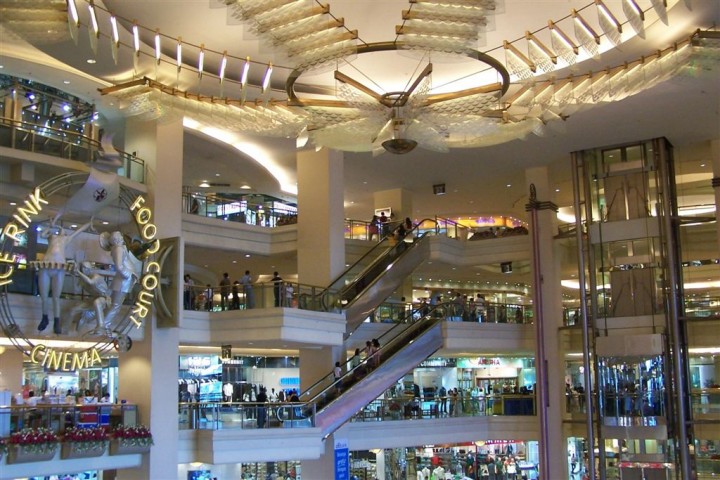
More than 50 percent of Indonesia’s population is under the age of 30, and the nation’s strong economic growth has been primarily based on consumption. Business Spectator says the nation has a young, steadily growing, and literate population who are increasingly joining the middle-income consuming class.
10. The huge market potential for internet companies
The combination of social media’s importance, coupled with a high volume of young, technology-savvy consumers makes Indonesia’s internet sector one of the hottest spaces for incoming investors to look at. With regard to the potential wealth creation by Indonesia’s netizens, the sky is seemingly the limit, at least for the moment. Even more traditional investors who are not necessarily in the tech space has taken time to explore Indonesia’s digital ecosystem.
RECOMMENDED READS
The post 10 things you need to consider before investing in Indonesia appeared first on SMK3 ISO SIUJK SBU SKK SKA SKT - Sertifikasi Indonesia.
What's Your Reaction?

























